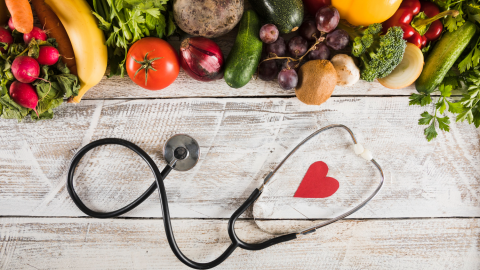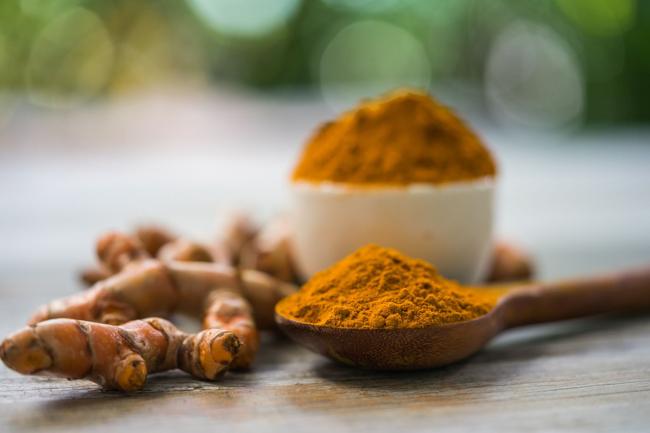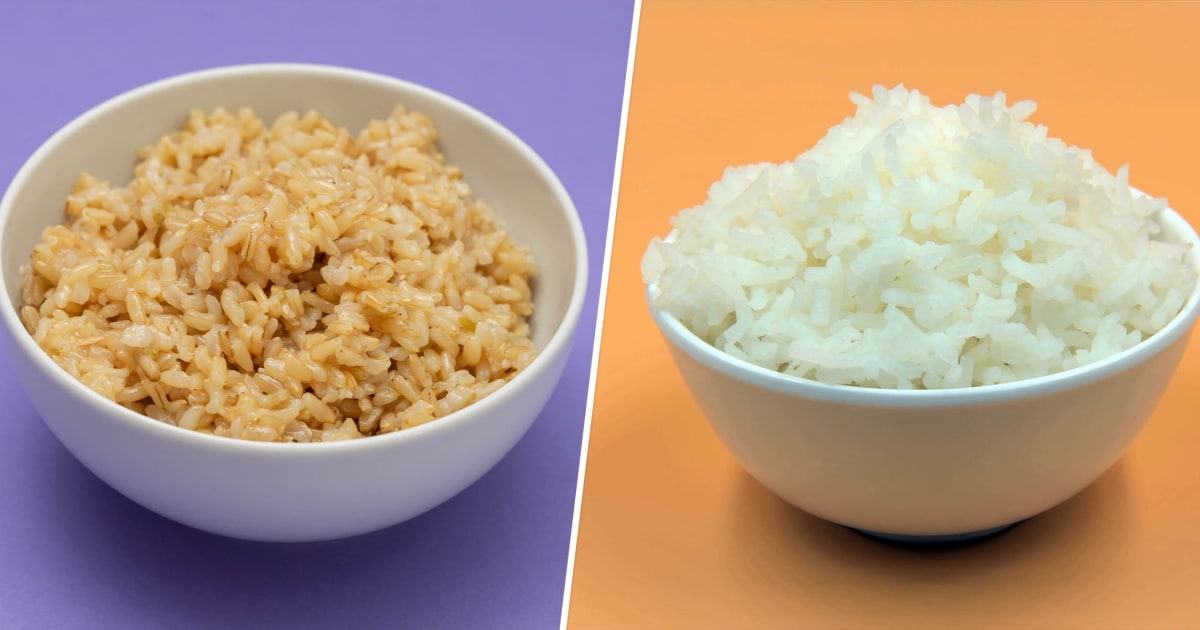Summary
Navigating the hormonal shifts of menopause can bring a range of uncomfortable symptoms. Fortunately, dietary choices can play a significant role in alleviating these issues. Nutrition experts highlight ten key food groups and specific items packed with nutrients that can help manage hot flashes,
Source: Soy Carmn

AI News Q&A (Free Content)
Q1: What are the top recommended foods to alleviate menopause symptoms according to recent nutritional research?
A1: Recent nutritional research highlights foods such as fatty fish, yogurt, beans, soy, and nuts as beneficial for alleviating menopause symptoms. These foods are rich in essential nutrients that can help manage symptoms like hot flashes and support overall health during menopause.
Q2: How do omega-3 fatty acids from fish contribute to menopause symptom relief?
A2: Omega-3 fatty acids found in fish are known to help reduce inflammation and may alleviate symptoms of menopause such as hot flashes and mood swings. Consuming fish like salmon or mackerel twice a week can provide these beneficial effects.
Q3: What role do fruits and vegetables play in managing menopause symptoms?
A3: Fruits and vegetables, rich in antioxidants and fiber, support digestion and help reduce inflammation. They should constitute at least half of the plate at mealtimes to provide essential nutrients and help manage menopause symptoms effectively.
Q4: What evidence supports the inclusion of soy in the diet of menopausal women?
A4: Soy contains phytoestrogens, which mimic estrogen in the body and can help reduce symptoms like hot flashes and improve mood stability. Foods such as tofu, tempeh, and soy milk are recommended as part of a menopause-friendly diet.
Q5: According to recent findings, how does dairy consumption affect menopausal women?
A5: Dairy products are important for menopausal women as they are high in calcium and vitamin D, which are essential for bone health. This can help mitigate the risk of osteoporosis, a common concern during menopause.
Q6: What are the benefits of including whole grains in a menopause diet?
A6: Whole grains like quinoa and oats help stabilize blood sugar levels and boost energy. They provide essential nutrients and can contribute to reducing the frequency of hot flashes and improving overall well-being during menopause.
Q7: How do healthy fats contribute to menopause symptom management?
A7: Healthy fats, such as those found in avocados, flax seeds, and chia seeds, help in nutrient absorption and may reduce the severity of menopause symptoms. They are vital for maintaining hormonal balance and overall health.
References:
- 5 Best Foods to Help with Menopausal Symptoms - https://www.eatingwell.com/article/8043076/menopause-diet-best-foods-for-symptoms/
- 7 Dietary Guidelines for Menopause - https://www.riversideonline.com/en/patients-and-visitors/healthy-you-blog/blog/7/7-dietary-guidelines-for-menopause
- The Best Natural Remedies for Menopause Symptom Relief - https://blog.ochsner.org/articles/the-best-natural-remedies-for-menopause-symptom-relief
- Top 10 Natural Foods for Menopause Relief - https://menopausenetwork.org/top-10-natural-foods-for-menopause-relief/





